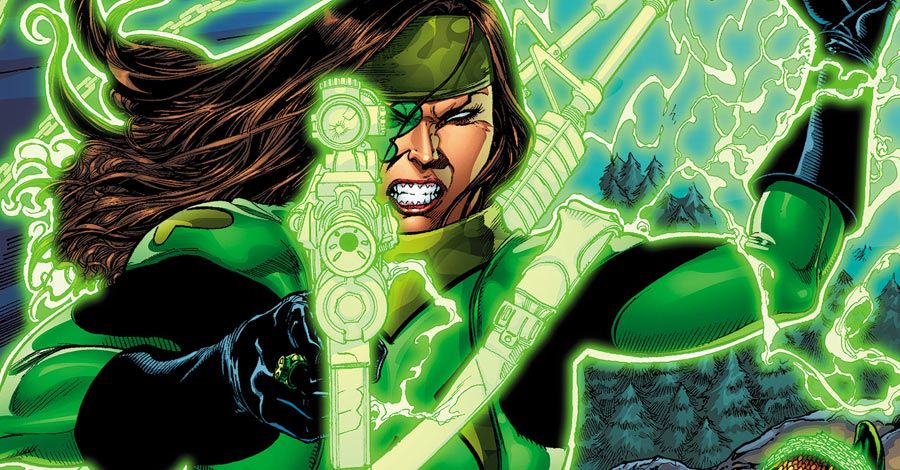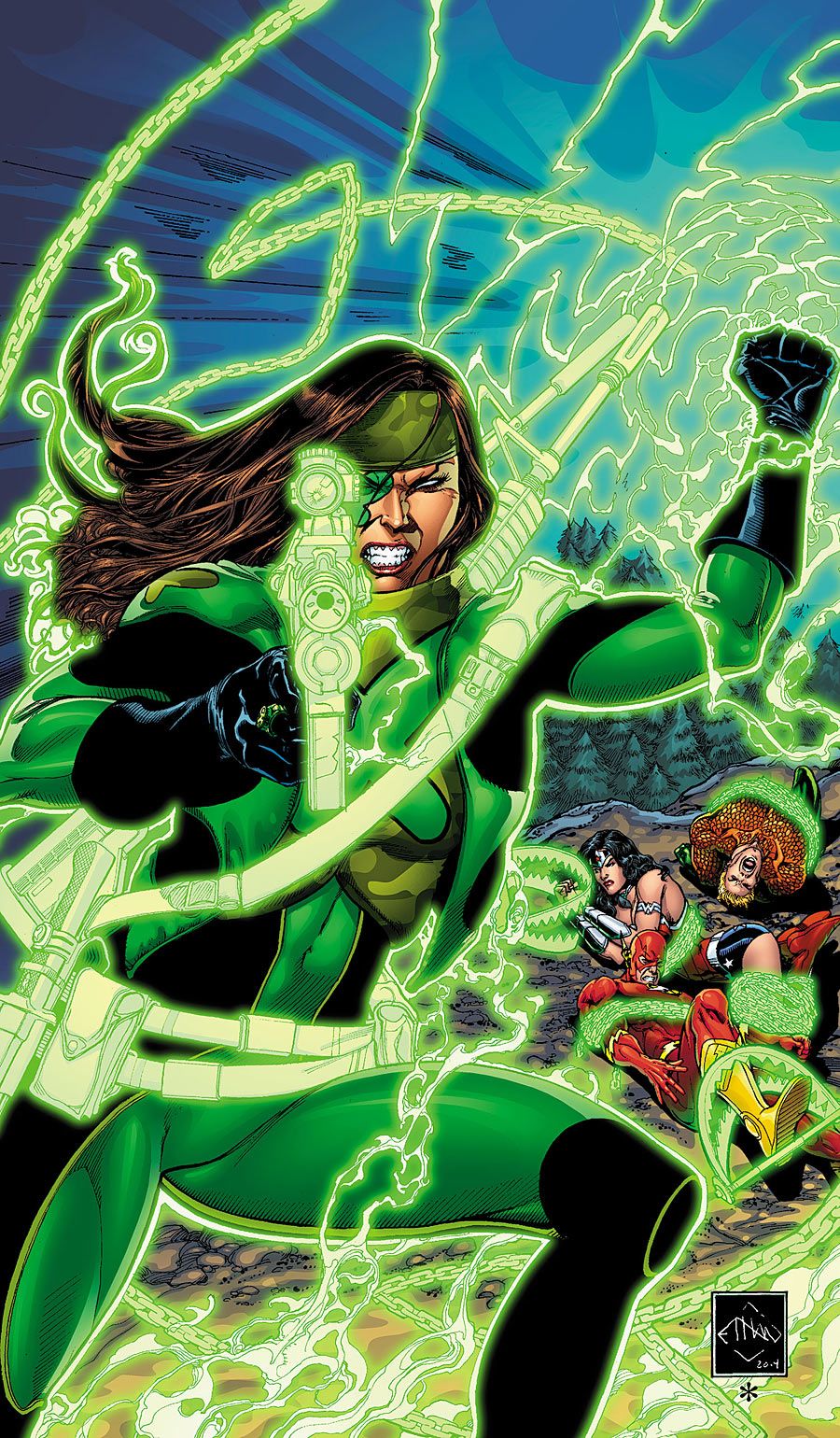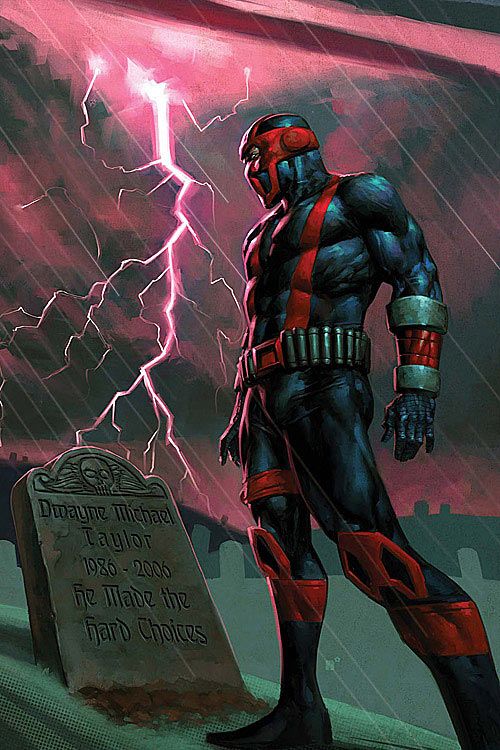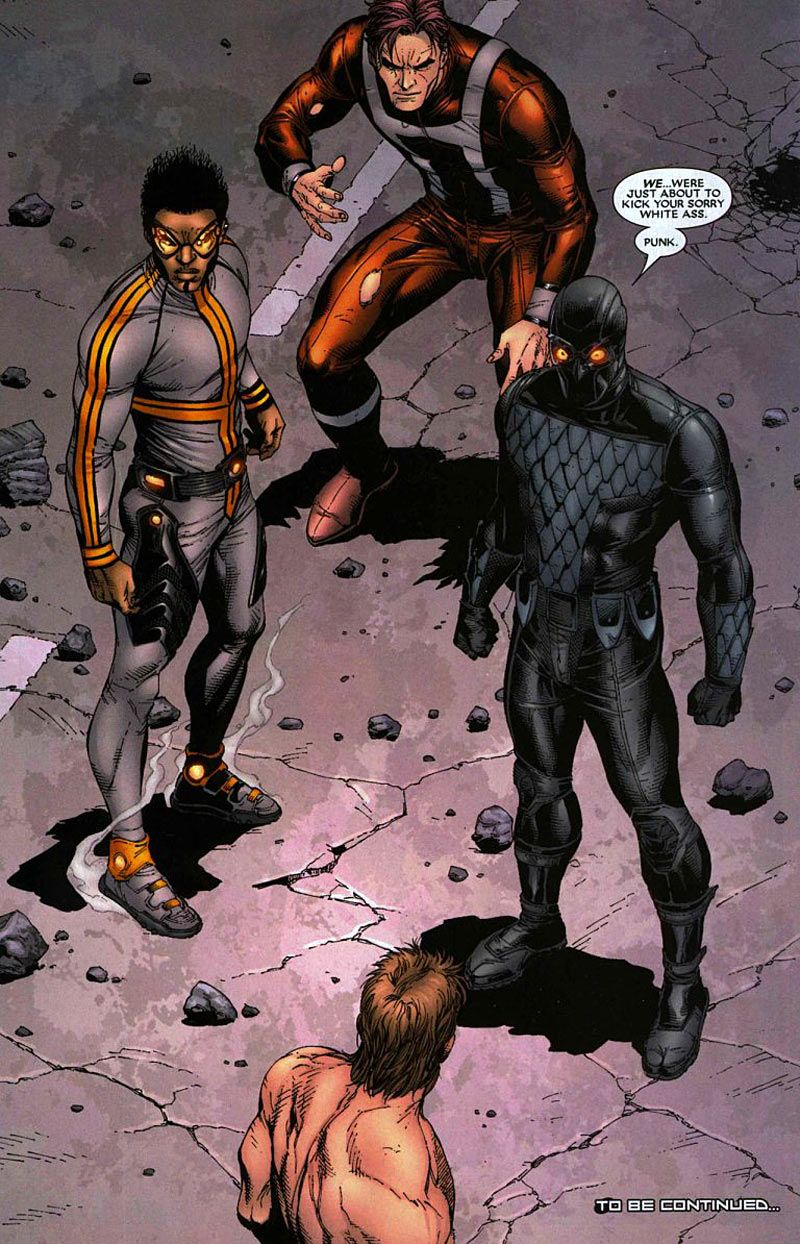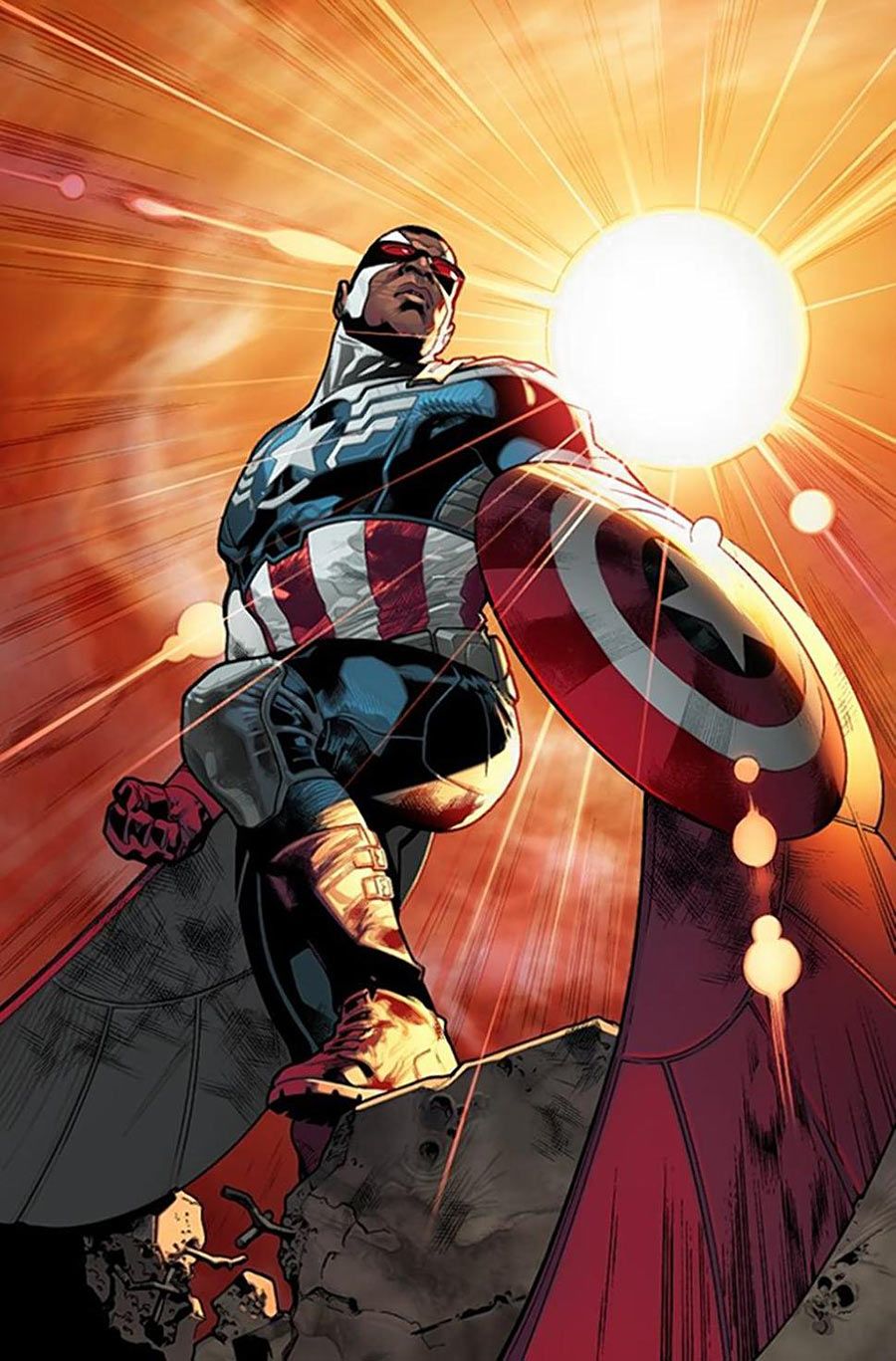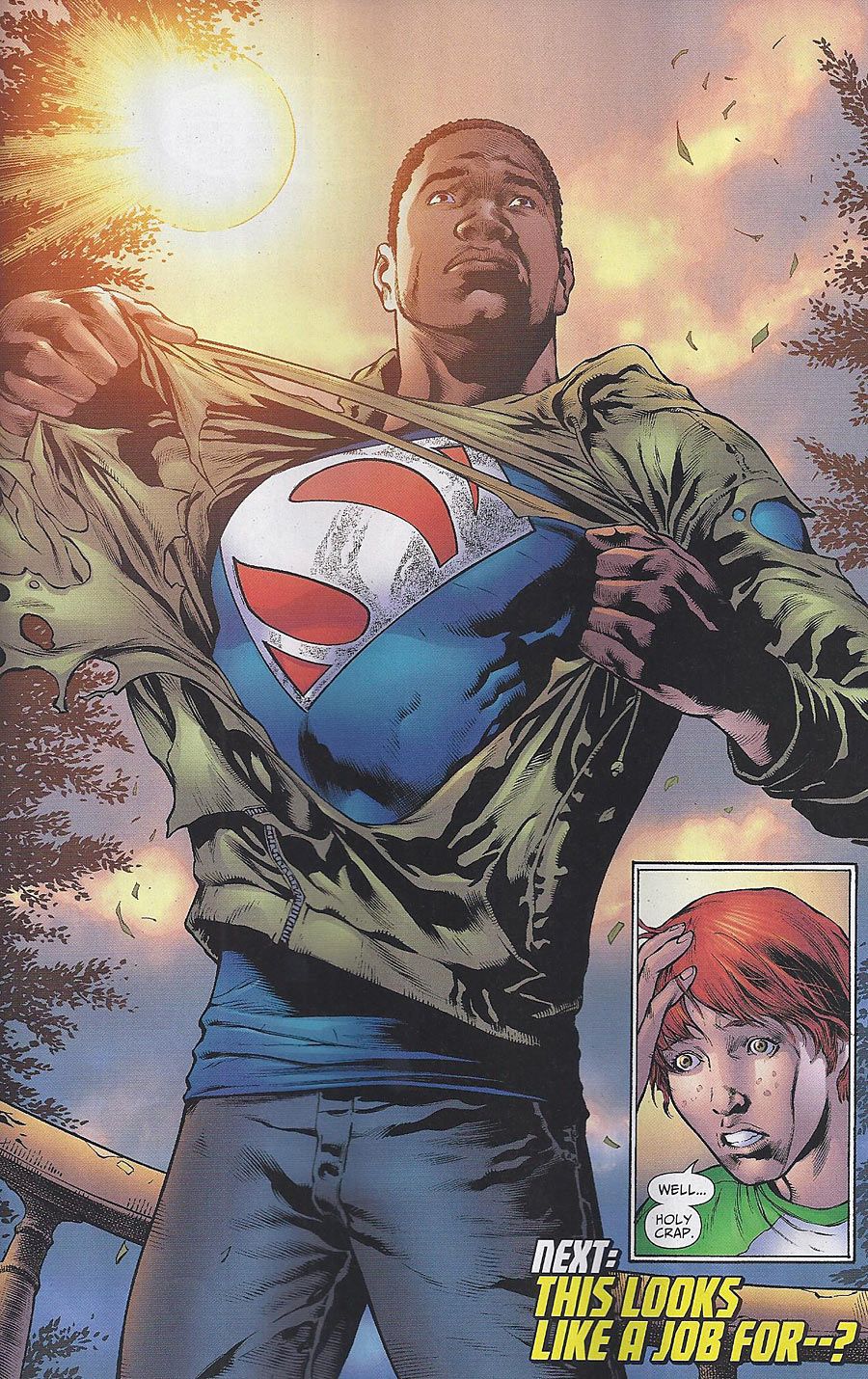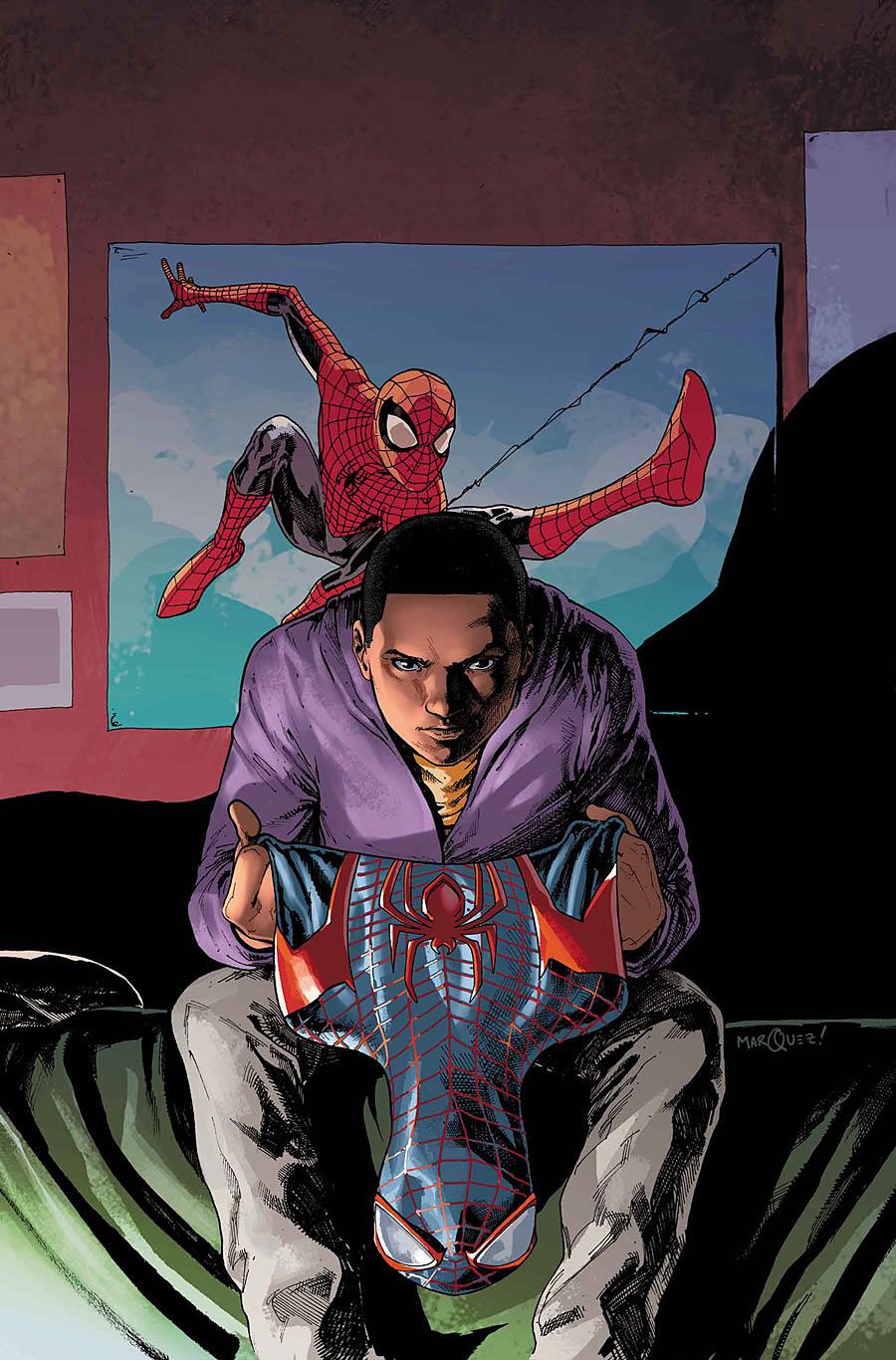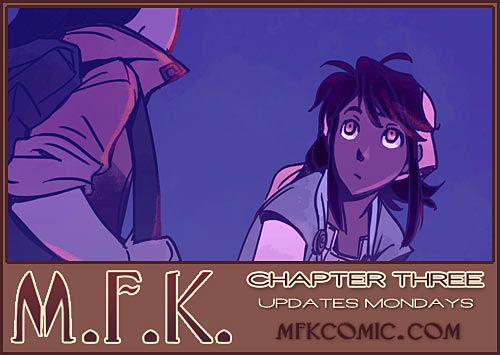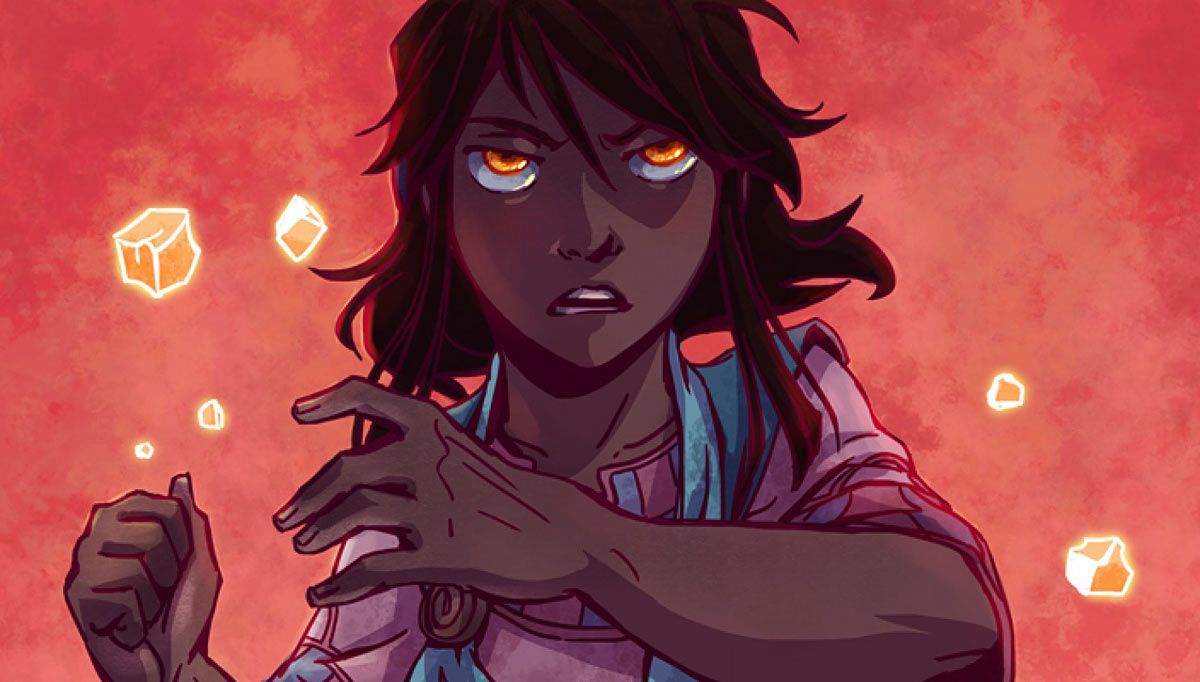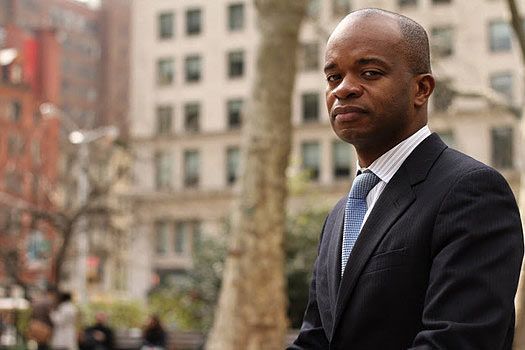On February 28, 2015, the last day of "Black History Month," the Internet went insane with the mea culpa and backpedal move of "Fast and the Furious" franchise actress Michelle Rodriguez.
We all know this, and we all have strong opinions about it.
I mean, everyone does. The hits just keep on coming, to the point where any further commentary is quite likely a clone of someone else's commentary.
And I hate clones.
So let's just get the easy stuff out of the way so we can get to the heart of the matter.
Michelle Rodriguez on Green Lantern Rumors: Stop Stealing All the WHite People's SUperheroes"
Since Michelle Rodriguez seems to know next to nothing about the comic book industry and "The Diversity War" surrounding and within it, despite the fact that she operates within the epicenter of the motion picture industry, recently criticized by entertainers on the heels of the Academy Awards as lacking in equal, positive representation of people of color, she was ill-informed to put forth a solution to the lack of color in the superhero worlds of blockbuster films today.
The video posted by TMZ made that clear.
She regretted it, or folded under the collective assault from The Court of Public Opinion, and clarified her statement rather quickly.
That, too, was perceived as a goof and epilogue to an Epic Fail.
It happened, it was mind-boggling in a number of ways, and she course-corrected to the best of her abilities.
Summary over.
Let's try a different angle on what happened, if for no other reason so that we're not doing what everyone else is doing and saying what everyone else is saying.
Let's apply some logic and intuition, both of which sometimes operate slower than our fingers when hitting the keyboard to make declarations on social media.
I watched and listened to the TMZ video and Facebook apology video a handful of times, and I pulled two salient phrases out of the latter.
."..the language that you speak in Hollywood is successful franchises."
."..it's time for us to write our own mythology..."
Clearly, she has no idea of the sheer number of stories in comic books, apparently Hollywood's favorite food group these days, about Black superheroes and Latino superheroes and Asian superheroes and so on.
And how could she?
Most of these don't even get distributed by Diamond Comic Distributors, so they don't even get to comic book stores worldwide in order to get on the radar of most Hollywood stars.
The reasons for this are legion, ranging from the thresholds one must get through to meet the criteria for getting into the Previews catalog for comic store owners to see the comics, to the suspicions about marketability of stories about people of color in various sections of the United States, to a perception of quality.
So a lack of awareness is, in part, informed by a lack of availability.
This assumes Michelle Rodriguez even reads comic books, which she may not, so her only source of superhero fiction is what makes it to screen.
What makes it to screen is certainly not representative of what gets pitched to make it to screen, much less developed, much less approved for distribution for a major network or studio.
It's likely she has no idea how large or deep the circular file is, otherwise known as the garbage can where so many scripts land to eventually become recycled and turned into bags for profitable, high-end grocery store chains.
But that's not what you're really upset about.
It's the word, the one used by various officials from political parties and government organizations and people of financial means to marginalize, disrespect, ignore and/or attack people of color.
Lazy.
How dare she call us lazy, right?
How dare she call herself lazy, since she's one of us, right?
However, while she used the wrong word, she touched upon something of import.
The ease with which a significant number of creators of color adopt and embrace the racebending of White characters, the superimposition of culture onto archetypes defined through originally non-inclusive iconography.
Heck, White creators have been creating Black versions of White heroes for years.
You want a Black Batman?
Marvel Comics tried that a number of times.
Night Thrasher, a young Black man with wealth whose parents were killed, began a crusade of justice with his personal allies and eventually created the superhero team "The New Warriors."
Nighthawk, a Black man with wealth whose parents were killed, runs the family business while engaging a personal crusade of justice, eventually becoming a member of the world's first team of superheroes.
You want a Black Superman?
DC Comics has that for you, by way of their "Earth 2" series of books.
Many characters who are White on the main DC Earth are people of color on Earth 2.
You want a Black Captain America?
Marvel's taken care of that.
The Spider-Man of color, Miles Morales, is quite popular, to the point where if you dare say you don't want the upcoming Spider-Man of the Marvel Cinematic Universe to be the Black/Latino Miles Morales, you're in a heap of trouble.
Creators of color are rarely invited to create and write new characters of color, so what are they doing?
Making their own stories, and a number of them involve a Black Batman, or a Black Superman, and so on.
We do this, in part, because those archetypal characters have made such an impression on us that we want to see ourselves projected onto them, made such an impression upon the fan consumer base in general that we figure they will be an easier sell.
But isn't that the easy way? The path of least resistance?
And do we really think if we create those kinds of characters, that they'll sell?
That we'll be able to make it popular enough to get an option for production into a film or tv show or animated show?
Will the Black Batman satisfy our needs and address all our issues about Blacks in America, Black wealth, racism, social sabotage, the glass ceiling?
I don't think so, because if you take the Black Batman idea through to its natural conclusion, he will fail.
If you examine it truly, without fear, looking at what Black people endure for much less revolutionary action, what would the American system do to a Black Batman once he's caught?
And he will get caught, because there would be too many forces against him.
It would be ugly, and horrible, and unimaginable, and just as was done during slavery and the Civil Rights Era, it would be a warning against all other Black men and women, to not think you can use your money to go out in a costume and define justice by breaking the law.
We will kill and dismember you if you do.
Shoot you down like a dog if you do.
And getting past that thinking, just as an idea, do we believe that since Batman is successful in Hollywood that a Black Batman would be easily embraced?
Is there any history to support that?
Is Marvel Studios chomping at the bit to make any films starring Night Thrasher, their own Black Batman?
No.
Has Warner Bros. announced any films with their Black Superman?
No.
It's easier to make Black characters in the form of popular White characters than it is to not do so.
It's easier for the comic book companies, and it's easier for us.
The more difficult road, the one with more peril, the one you may think is less likely to lead to success, is to research and dig deep into the well of your cultural mythologies to create a new generation of heroes.
More distinctive heroes.
Heroes with stories that start in your history and culture, yet have meaning for history in general, and for people of any culture.
We have the capacity to create heroes that dig from sources unfamiliar to many people, and by doing so create stories and mythologies and new archetypes of the superhero team, of the Latino technology team, of the Black family of mystics, and the list goes on and on.
And when we do that, it has to be good enough to get through the Diamond thresholds, meaning you can put it alongside comic books of quality that are sold throughout the nation in comic book stores, and know it competes.
We'll have to take risks with our material, bet on our abilities, and know our abilities honestly.
Know what we're good at and what we're not good at.
Take the latter and get allies who are good at those things.
Create business alliances informed by successful business paradigms.
Navigate through and around the system, to get visibility.
Visibility so that we mitigate the chance of people not knowing of the existence of heroes of color created by people of color.
It's easy to attack Michelle Rodriguez online for what she said and the lack of knowledge behind it.
Try going after the system that screens us out.
Oh, wait... you haven't written a letter to the higher-ups at Marvel Comics, with your concerns?
You have not started any online campaigns criticizing DC Comics?
And now that you're done with Michelle Rodriguez, you're going to go to the comic book store or your mobile device and purchase comic books from the companies you refuse to hold accountable in any way whatsoever.
2013 was the 20th Anniversary of Milestone Media, Inc., the first Black-owned comic book company to have a distribution deal with a giant in the business, DC Comics.
DC Comics, in no way, acknowledged it.
No statement, no event with the characters, nothing.
And I stopped buying their comics.
I could understand from a business standpoint why they might not acknowledge Milestone, but it still didn't sit right with me.
I held them accountable by the redirection of funds to their competition.
DC Comics Releases Full Post-New 52 Series Line, Shares New Artwork
Now that DC Comics is re-engaging their relative progressive legacy by hiring writers of color again, I will start buying their comics again, because they have illustrated an apparent understanding that such exclusion in hiring is bad business and just plain bad.
Michelle Rodriguez meant well. She meant to say to us that instead of investing our hopes and projecting our dreams onto a maybe-Miles Morales in the Marvel Cinematic Universe or their next stab at The Black Batman, there is no better time for us to shape the next eighty-five years and beyond with our ideas.
And we know that.
We see that core through the haze of her less-than-ideal execution.
And we know there's a kernel of truth to be looked at, square in the eyes, and engaged.
Magruder's "M.F.K." Wins First Dwayne McDuffie Award for Diversity
If you want some proof that more original ideas which you can draw from your culture can find an audience, ask Nilah Magruder, the winner of this year's first Dwayne McDuffie Diversity Award.
Her comic, "M.F.K.", is a good story with beautiful art, and it speaks to universal themes of self-awareness and learning the truth behind other people.
She won that award on the same day this whole Michelle Rodriguez affair broke.
February 28, 2015.
The last day of Black History Month.
Joseph Phillip Illidge is a public speaker on the subjects of race, comics, and the corporate politics of diversity. In addition to his coverage by the BBC and Publishers Weekly, Joseph has been a speaker at John Jay College of Criminal Justice, Digital Book World's forum, Digitize Your Career: Marketing and Editing 2.0, Skidmore College, Purdue University, on the panel "Diversity in Comics: Race, Ethnicity, Gender and Sexual Orientation in American Comic Books," and at the Soho Gallery for Digital Art in New York City.
Joseph is the Head Writer for Verge Entertainment (www.verge.tv), a production company co-founded with Shawn Martinbrough, artist for the graphic novel series "Thief of Thieves" by "The Walking Dead" creator Robert Kirkman, and video game developer Milo Stone. Verge has developed an extensive library of intellectual properties for transmedia development. Live-action and animated television and film, video games, graphic novels, and web-based entertainment.
His latest project is "The Ren," a 200-page graphic novel about the romance between a young musician from the South and a Harlem-born dancer in 1925, set against the backdrop of a crime war and spotlighting the relationship between art and the underworld. "The Ren" will be published by First Second Books, a division of Macmillan.

